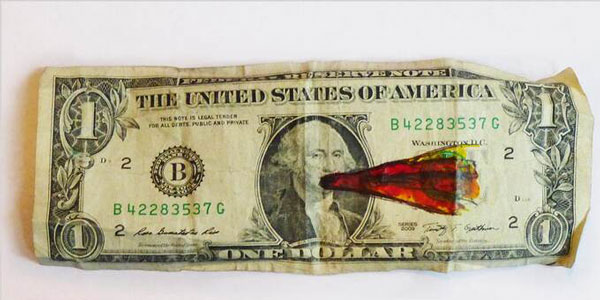Introduction
In most cases, you have a grace period of one hundred twenty days after falling behind on your mortgage payments before the foreclosure process is initiated. On the other hand, this can change depending on a variety of other aspects, such as your lender's specific policies and the housing market's condition in your region at the time in question. It is essential to note that even though the federal CARES Act put a stop to foreclosures due to the COVID-19 pandemic, that stoppage came to an end on July 31, 2021, but some states decided to keep it in place. It is in your best interest to contact the housing authority in your community to obtain additional information regarding the availability of any foreclosure relief programs in your state.
It is recommended that homeowners review any foreclosure preventative measures adopted by their state government because of the rapid changes that occurred during the peak of the COVID-19 pandemic. For instance, the National Consumer Law Center reports that, depending on the state, various emergency declarations put a stop to post-foreclosure evictions. These declarations are in place to protect tenants. Although these stopgap measures might make it easier for individuals and families to continue living in their homes, they do not end the process of foreclosing on a property, and they cannot bring back a home that has already been sold through the foreclosure process.
When Is a Mortgage Payment Late?
One of the documents that you were required to sign to complete the purchase of your home was a promissory note. This significant piece of legal documentation specifies the amount of the monthly payment that is due, the date on which payments are due, and the recipient of the payments. In addition, the promissory note will detail the consequences incurred if your mortgage payment is late. Take a look at the promissory note if you aren't sure about the date on which the payment for your mortgage is due. The first of every month is when most mortgage payments are expected to be made. Your payment will be technically late if you do not hand it in by the specified date. But don't panic! Being late does not automatically mean that you will have to face the consequences.
Most mortgages include a grace period that allows you to make a late payment without additional fees. Typically, this grace period is 15 days, meaning you have until the 16th to make a payment without incurring any fees. You might be charged a late fee if you hand it in after that time.

The Timeline of a Typical Foreclosure
There is a general timeline that you can follow if you are concerned about the possibility of losing your home. Still, the timeline for any particular foreclosure will depend heavily on the circumstances of the case. The breakdown is as follows:
The Grace Period
There won't be any more action taken against you if you can pay your mortgage during the grace time your lender has granted you, which is usually 15 days. Any further action will be taken against you if you cannot make the payment within the grace period. The situation will get a little trickier if you don't pay your mortgage during this time. Your credit score may drop if you make a late payment because your lender may impose late penalties and possibly report you to one of the major credit reporting agencies. If you make a late payment, your lender could assess late penalties and potentially file a complaint against you.
Default
Legally, you are deemed to be in default of the loan if you have a second mortgage and you miss a payment on that mortgage. At this stage, the mortgage servicer will probably start being less pleasant and more aggressive in their attempts to collect the missed payments. Even while this is usually when the missed payments start to worry you the most, it's important to remember that even if you've missed any mortgage payments, you might still be able to contact your lender and work out a solution. This is something you have to always bear in mind. Before beginning the time-consuming and expensive foreclosure process, lenders frequently attempt to negotiate fair terms with defaulting borrowers to protect their financial investment. To protect their investment, this is done.
90 Days Of Delinquency
The problem has escalated to a particularly dire state when you have been behind on your mortgage payments for more than ninety days. Your lender may offer you up to thirty days to make up any payments that you've missed. Foreclosure procedures will most certainly begin if you cannot repay the payments you have missed during the grace period of 30 days that the lender has provided. At this point, you will have fallen behind on four consecutive total payments. Nevertheless, there are ways to fight foreclosure, and just because you have been served with a notice does not necessarily indicate that you will lose your house.

Conclusion
If you are having difficulties making your mortgage payments and are worried about losing your house to foreclosure, you should contact your lender or loan servicer as soon as possible. It is in your best interest to seek professional help if you are having difficulties making your mortgage payments and are concerned about losing your home to foreclosure. Most lenders, however, would want to work with you to devise a plan to avoid foreclosure before it gets to that point. Lenders may initiate foreclosure proceedings after four missed payments, but most will try to work with borrowers to avoid this outcome if possible.




